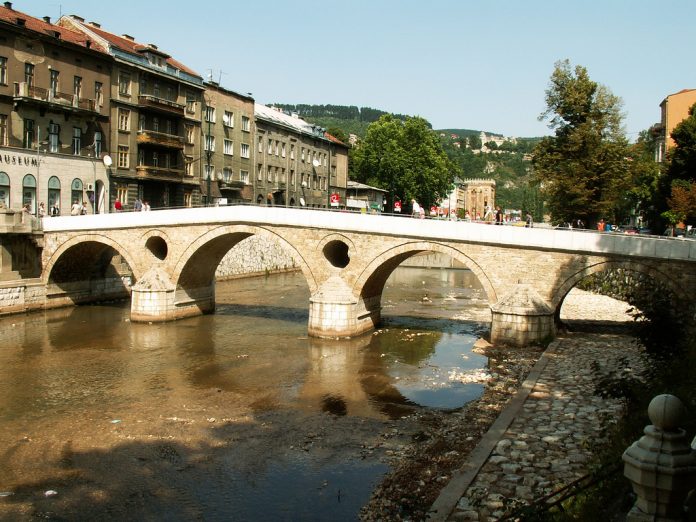Voters in Bosnia, a Balkan country that remains a patchwork of ethnic enclaves, headed to the polls on October 7.
Power in the country is formally divided among three main groups: Bosnian Muslims (Bosniaks), Serbs and Croats. Voters will ultimately decide whether to steer the country towards integration in the European Union and Nato or remain stuck in war-era rivalries.
As reported by FRANCE 24, many votes have lost faith in a political class accused of stoking fear to stay in power.
“I think the nationalists will win once again and nothing will change,” Armin Bukaric, a 45-year-old businessman in Sarajevo was quoted as saying on October 7.
According to FRANCE 24, the Balkan country’s multi-layered political system is a relic of the 1992-95 war that left 100,000 dead, displaced millions and wrecked the economy and infrastructure.
A quarter of a century later, Bosnia is still governed by the peace accord that stopped the fighting and sliced the country into two semi-autonomous halves (one dominated by Serbs and the other home to Muslims and a Croat minority).
The result was competing power centres bound by a weak national government. On top sits a tripartite presidency that rotates between a Serb, Croat and Muslim member.

